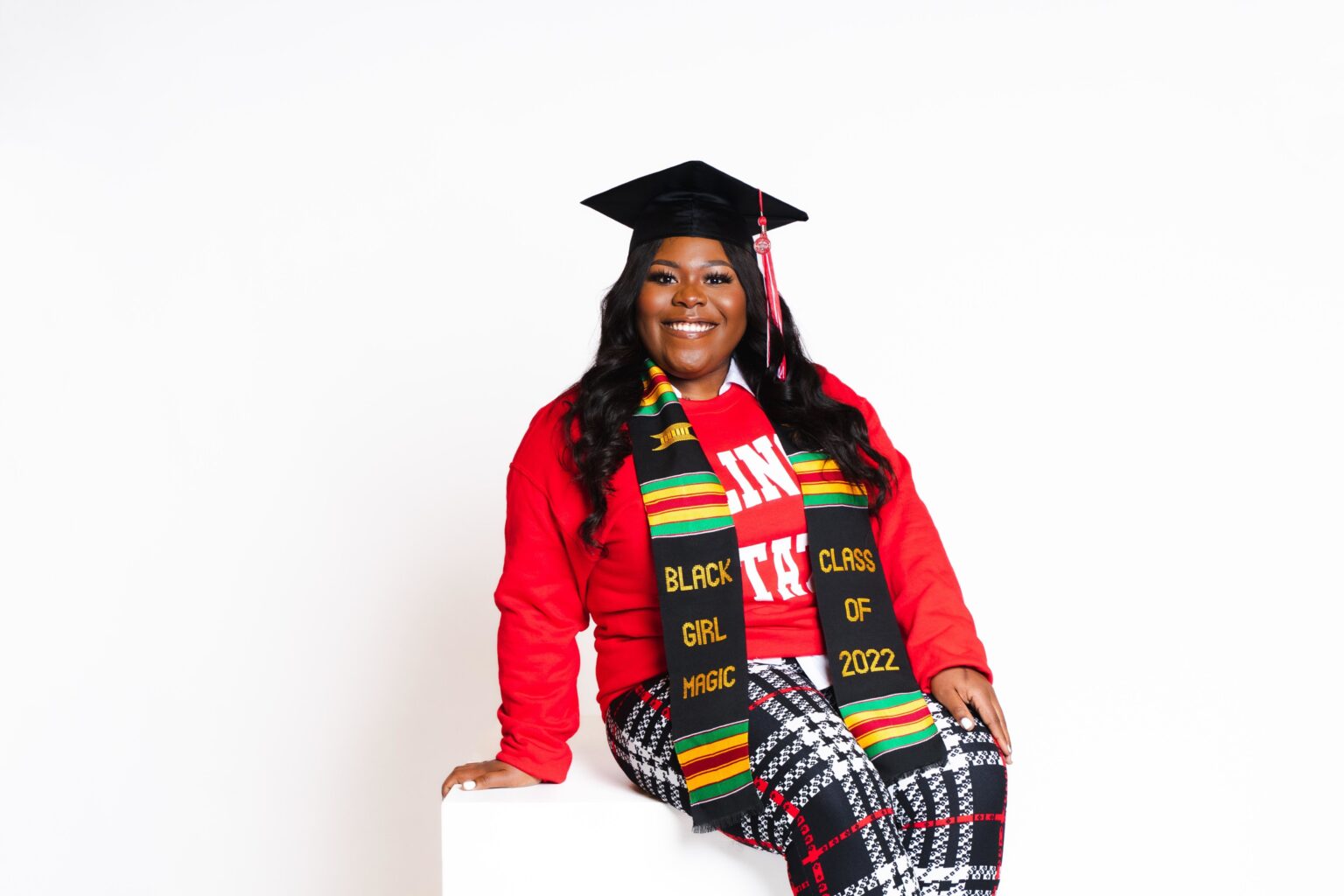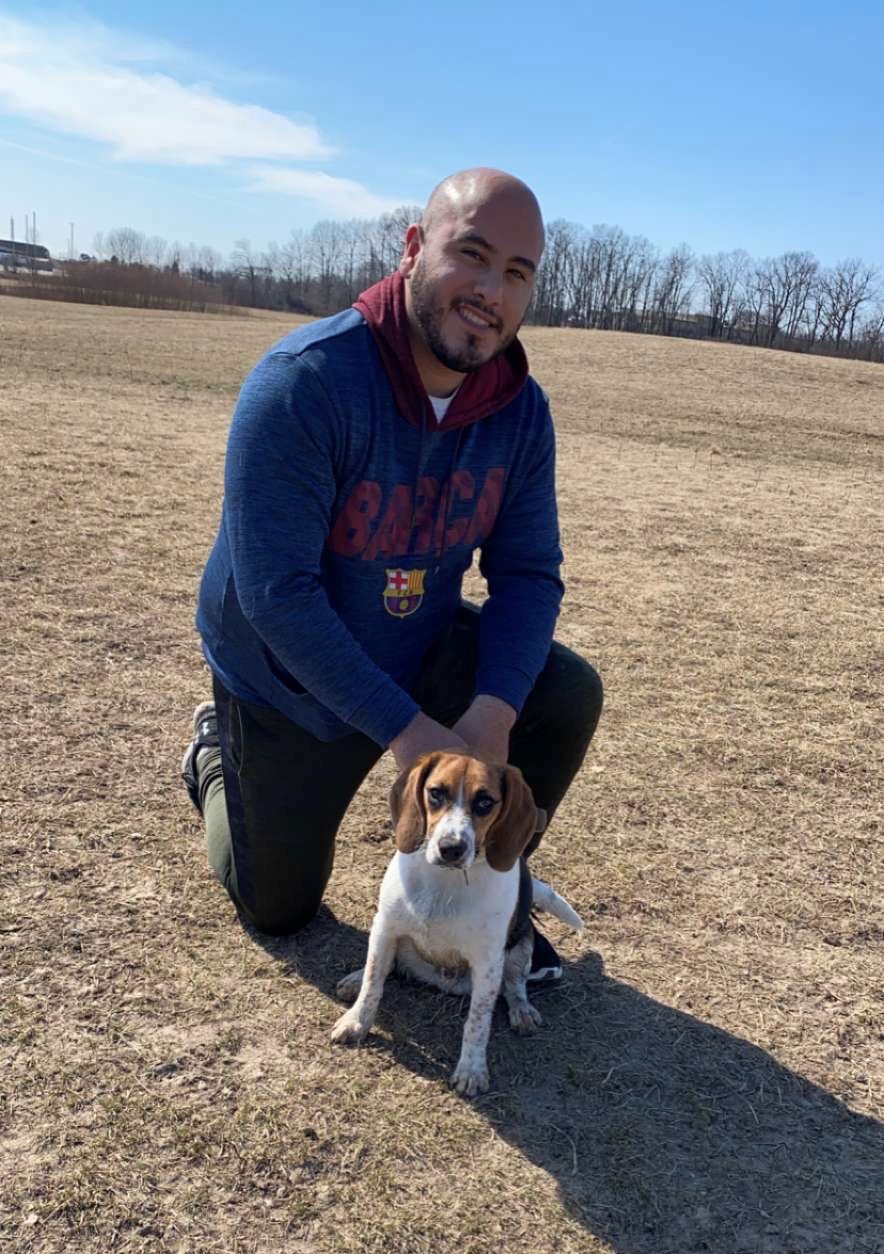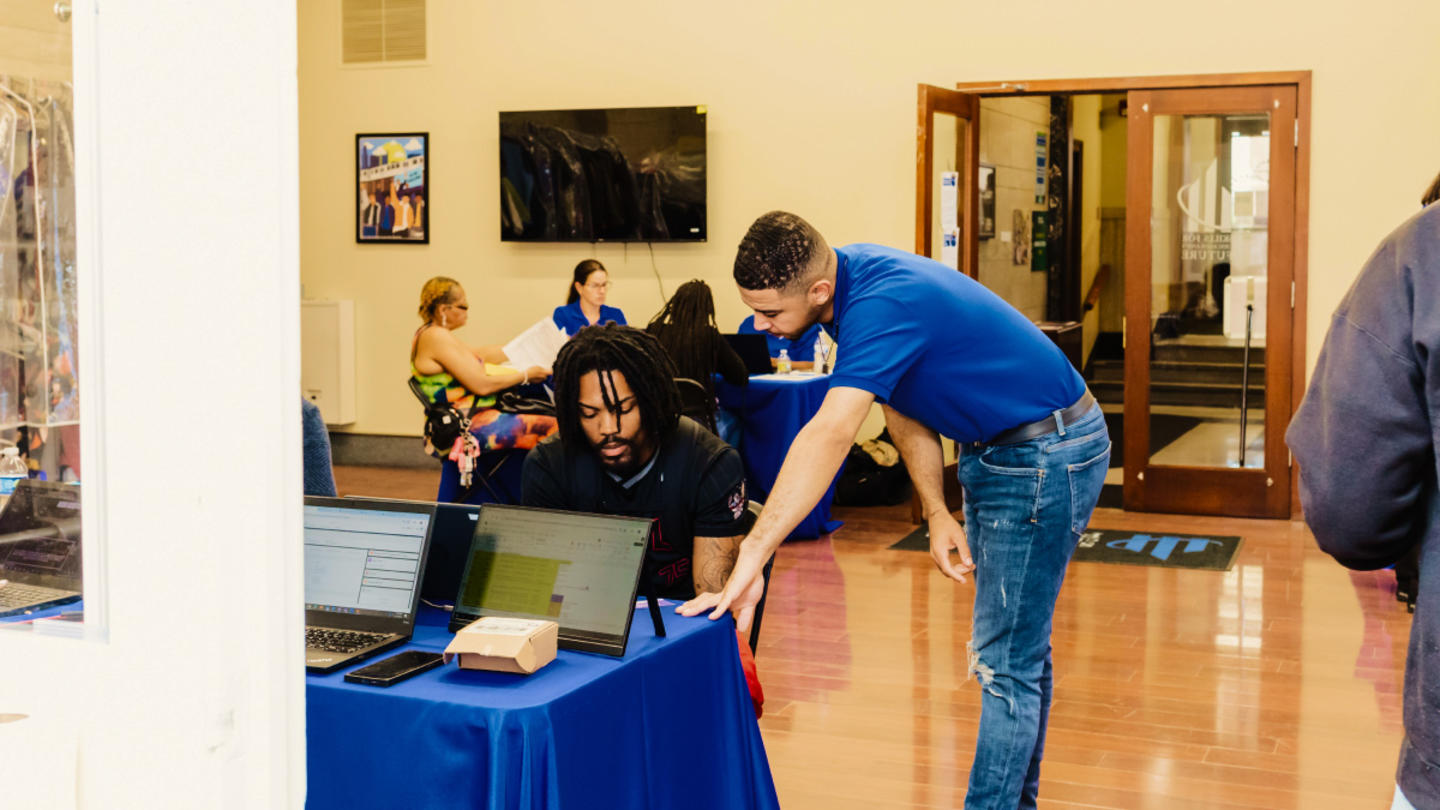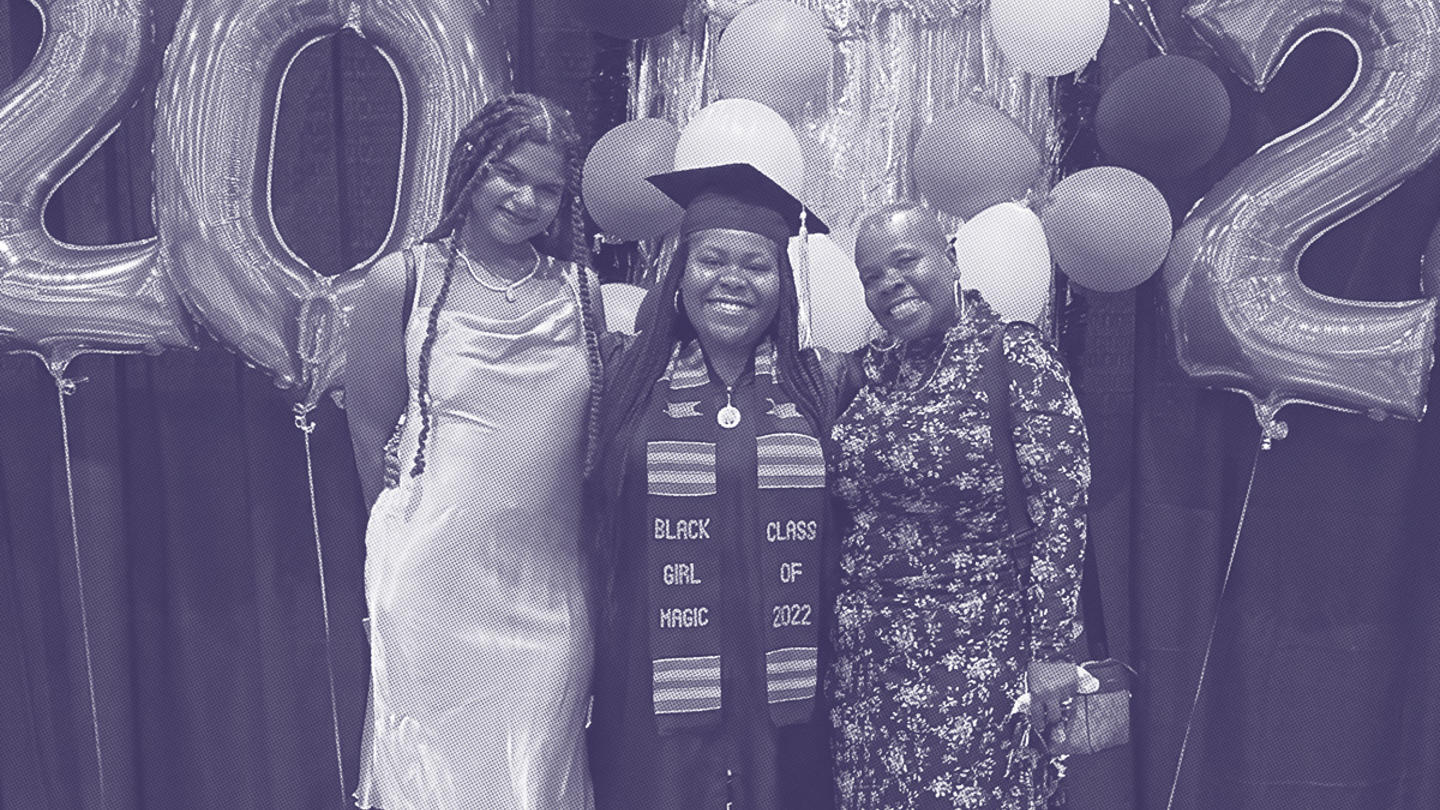Following his release from prison, John faced many barriers that kept him from landing a good-paying job. No matter what he did, he was always halted at the background check. Thankfully, he found FreeWorld, an education program that leverages a creative finance solution to help formerly incarcerated inmates gain the skills to land well-paying jobs as truck drivers.
This path accelerated John’s path to self-sufficiency and making a meaningful contribution to society. Regretfully, his story is an exception to the rule.
Under the current policy environment, incentives generally steer students to pursue a college degree and take on student debt with the promise that it’ll be a worthwhile investment. Sadly, for many students, this one-size-fits-all solution does not pan out and students are left with debt and, only sometimes, a degree. The status quo model fails to empower people like John to pursue individualized education paths and leverage their skills and aptitudes to pursue purposeful work.
We don’t have to settle for the status quo. To empower people, we need an open marketplace of alternative education models and finance options that make college alternatives accessible to all students. Solutions must empower, not restrict, students to choose the options best suited to their preferences and goals, not simply offer them the solution of debt with the hope of a degree.
Students like John can access college education alternatives like FreeWorld because innovators are finding better ways to finance education that don’t rely on traditional loans and grants, and align financial incentives with a program’s outcomes. Scaling innovative finance options will expand opportunities for both learners looking for alternative education options as well as degree-seeking students who want an alternative to government loans.
The good news is that many learners are already using innovative finance models to access the education they need to contribute.
The stories of John, Danielle Peck, and Abe Gonzalez show how innovative financing enabled them to start the next chapters of their lives.
Innovative finance helped John get his life back on track after prison
Before FreeWorld, no employer was willing to give John a chance at a job that paid more than minimum wage
“FreeWorld changed my life. I landed a job within one week,” John said. “With short-term training and a quick path to employment, I’m already successful, all thanks to FreeWorld.”
The change in income is nothing to scoff at. Truck drivers make a median pay of $50,000 annually.
FreeWorld is changing the lives of people like John by reinventing how students finance their education and training. Individuals going through FreeWorld’s program receive $1,500 while in trucking school to help with living expenses. In exchange, graduates pay $150 of their monthly income over 24 months after graduation and finding employment.
FreeWorld uses an innovative pay-it-forward model, a form of outcomes-based funding in which students repay their loans based on how much they earn. They are only required to make the $150 payments if they achieve a minimum income threshold of at least $3,000 a month. This model allows FreeWorld to help more learners reinvent themselves.
Sign up for Stand Together's Rethinking Work & Learning newsletter to get the latest stories, ideas, and trends on the future of employment.
When Peck faced a dead end, an ISA enabled her to succeed
Two semesters before finishing her media degree, Danielle Peck ran out of federal student aid and couldn’t afford to continue her education.

“I literally did not know what to do. My parents were not able to help me. I had to go full-time at my job, yet that was not going to be enough because I can’t just go to school, I still have bills to pay, buy groceries, and other expenses.” Peck recounted.
That’s when Peck’s advisor told her about Better Future Forward (BFF) and its unique finance tool, and income share agreements (ISA), which helped when the status quo — federal financial aid — left her stranded.
After finishing her last semester, Peck walked across the commencement stage and was overcome by tears of joy.
While student loan borrowers owe an average of $28,950, Peck did not graduate with a fixed student debt balance she would need to repay. Instead, the ISA that helped fund her education offered her flexible repayment terms based on her income after graduation, but only if she earned a living wage. The ISA model aligns the incentives, so students only pay back a loan when their academic program pays off and they land a good job.
“If you don’t make a certain amount of money within a certain number of months, then you won’t have to pay it all,” Peck said. “If someone has a large income share agreement and now they lose their job, ISAs give people protection, so you don’t have to worry about this coming back to haunt you later.”
Peck’s hard work paid off. She now works as a marketing specialist at an apartment residence, earning a livable wage that enables her to start repaying her ISA later this year.
ISAs helped Abe Gonzalez get an education without sacrificing his future
Abe Gonzalez is a pioneer. As a DREAMer — an undocumented immigrant who was brought to the United States as a child — he doesn’t let barriers get in the way of achieving his goals.

Yet, in his last semester of college, he faced a hurdle he was unsure he could overcome. His financial situation changed, and he couldn’t afford to finish his degree in languages and interpretation. His options were to take time off from school, work double-time, or take another loan to pay for his education.
After learning about BFF, Gonzalez applied for an ISA and his options opened up.
“It was great to know that I could do all this without putting my education on hold or burdening other people on my life,” he said. “It felt like I got a weight lifted off my shoulders, instead of focusing necessarily about the amount of money I had to pay, I could focus just on my studies, getting the good grades and finishing off strong.”
The best part is Gonzalez did not have to sacrifice his financial future to get an education.
“They don’t go against you as much as a normal loan, they are a little more flexible. They base it off what you earn and how successful you are after you get your degree,” he said.
Since finishing his degree, Gonzalez has worked both within and outside his career field as a teacher. The ISA repayments are not a burden on his finances, they are “more than manageable,” he said.
While Peck, Gonzalez, and John have different backgrounds, aptitudes, and interests, their stories share something in common. They show the promise of innovative finance models in helping students access education to pursue their goals without being saddled with traditional student debt.
Learn more about Stand Together’s efforts to transform the future of work, and explore ways you can partner with us.

Lifelong learning might be the key to fulfilling work.

A coalition of over 65 companies is nixing college degree requirements — and that's just the start.

Want to hire the most valuable talent at your organization? Here’s one approach that works.

Why mid-career skills programs could be the way forward
